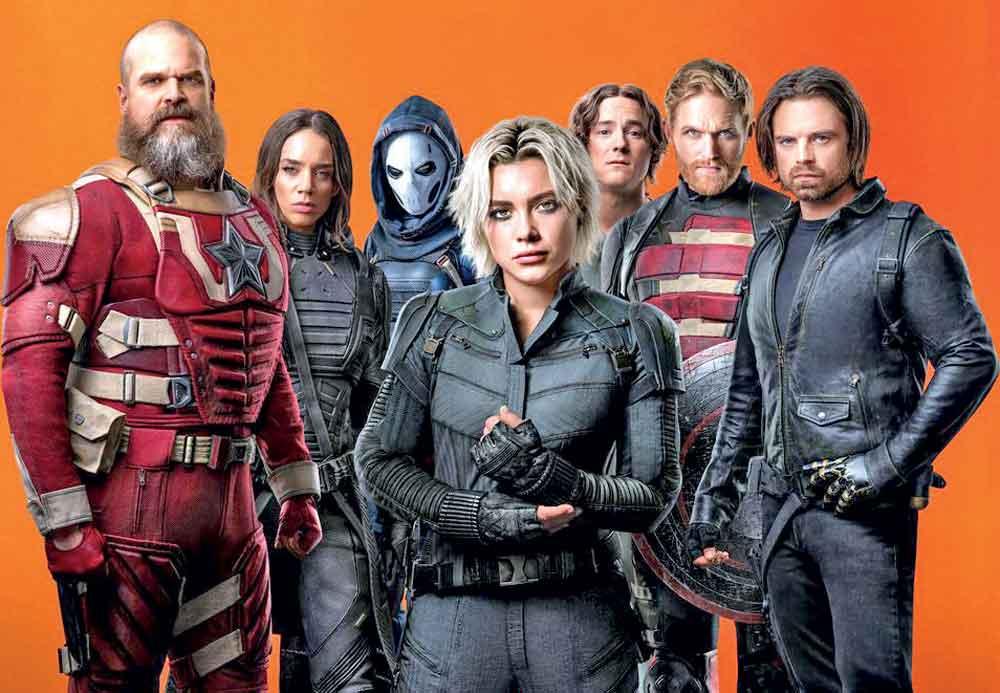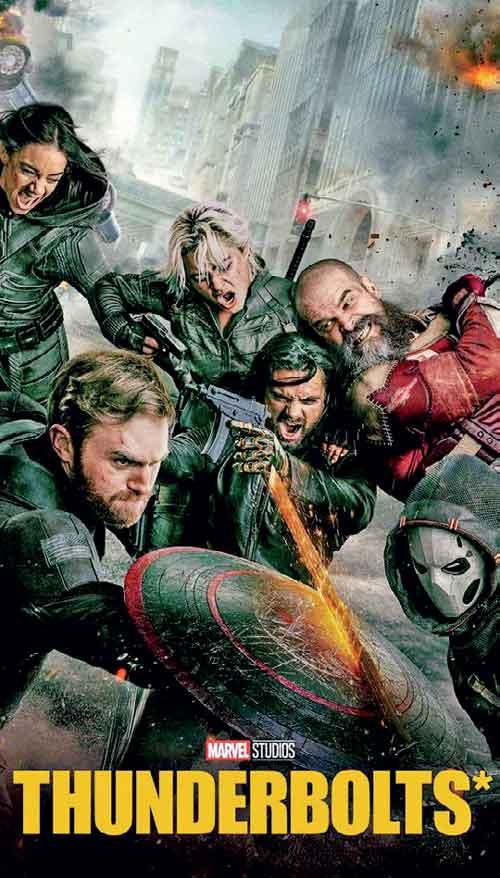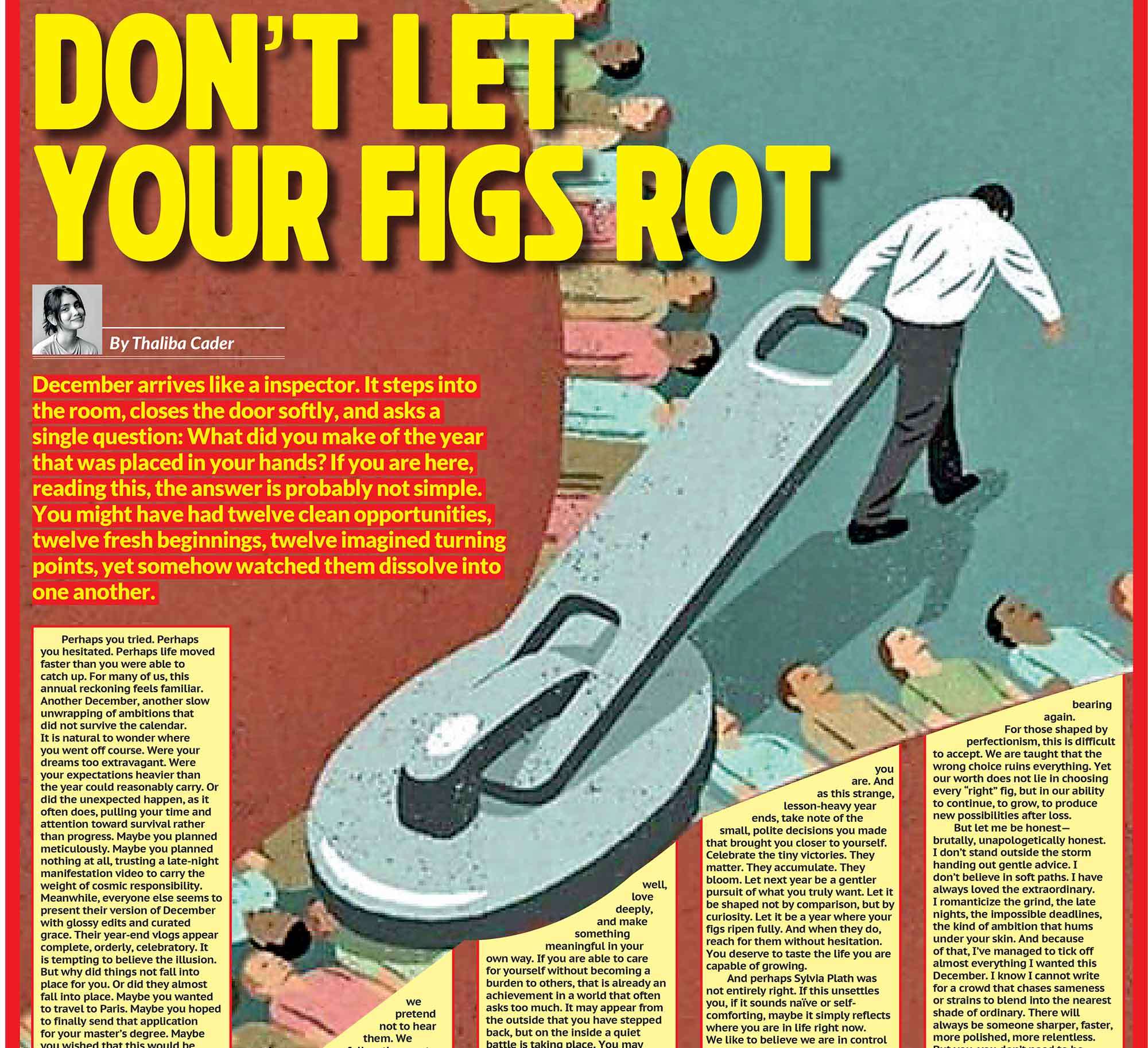
Thunderbolts, the latest instalment from Marvel Studios, is a daring and grounded entry into the ever-expanding Marvel Cinematic Universe (MCU). Directed by Jake Schreier, this 2025 superhero film closes out Phase Five of the MCU with a darker, more emotionally driven story that stands apart from its predecessors. Instead of bright costumes and world-ending battles, Thunderbolts offers a nuanced exploration of redemption, trauma, and the complexities of heroism, all through the lens of a group of reluctant antiheroes.
 The film brings together a unique ensemble of characters, many of whom fans will recognize from earlier Marvel projects. Among them are Yelena Belova (Florence Pugh), Bucky Barnes (Sebastian Stan), Taskmaster (Olga Kurylenko), Red Guardian (David Harbour), U.S. Agent John Walker (Wyatt Russell), and Contessa Valentina Allegra de Fontaine (Julia Louis-Dreyfus). These aren’t your traditional superheroes; they’re damaged, morally ambiguous, and often at odds with each other. Yet when tasked with a covert mission to neutralize a global threat, they are forced to put aside their differences and work together, even as they battle personal demons and navigate deep mistrust.
The film brings together a unique ensemble of characters, many of whom fans will recognize from earlier Marvel projects. Among them are Yelena Belova (Florence Pugh), Bucky Barnes (Sebastian Stan), Taskmaster (Olga Kurylenko), Red Guardian (David Harbour), U.S. Agent John Walker (Wyatt Russell), and Contessa Valentina Allegra de Fontaine (Julia Louis-Dreyfus). These aren’t your traditional superheroes; they’re damaged, morally ambiguous, and often at odds with each other. Yet when tasked with a covert mission to neutralize a global threat, they are forced to put aside their differences and work together, even as they battle personal demons and navigate deep mistrust.
Unlike many Marvel films, Thunderbolts doesn’t lean heavily on cosmic stakes or flamboyant villains. Instead, its conflict is rooted in the psychological and emotional terrain of its characters.
Unlike many Marvel films, Thunderbolts doesn’t lean heavily on cosmic stakes or flamboyant villains. Instead, its conflict is rooted in the psychological and emotional terrain of its characters. Each member of the team carries emotional baggage, making their interactions tense and often unpredictable. From Bucky Barnes confronting his haunted past as the Winter Soldier to Yelena trying to define her identity outside the legacy of the Black Widow, the film is packed with internal struggles that drive the narrative forward. Redemption is the thread that ties them together; none of them are clean, and none claim to be heroes, but each is seeking a sense of purpose and absolution.
Florence Pugh leads the charge with a commanding performance as Yelena, showcasing vulnerability, strength, and wit in equal measure. Sebastian Stan also shines, giving Bucky Barnes a quiet, layered presence that conveys years of pain and emotional fatigue. David Harbour brings gruff humour and unexpected heart to Red Guardian, while Wyatt Russell’s U.S. Agent adds a volatile edge to the team dynamic. Julia Louis-Dreyfus reprises her role as the manipulative Valentina, whose ambiguous motivations add a layer of suspense and intrigue to the plot.
Rating: 3/5

What makes Thunderbolts stand out is its focus on character over spectacle. While there are action scenes aplenty, including a standout single-take fight sequence that’s both intense and visually impressive, the heart of the film lies in its emotional resonance. The screenplay is tight and avoids the overuse of humour that has plagued recent MCU entries. Instead, it embraces a more sombre tone that allows for genuine character development. The dialogue feels more mature and deliberate, supporting the weight of the themes the film tackles, loyalty, guilt, trust, and the grey area between good and evil.
Florence Pugh leads the charge with a commanding performance as Yelena, showcasing vulnerability, strength, and wit in equal measure.
Visually, Schreier directs with a restrained but effective hand. The cinematography supports the film’s gritty tone, with muted colours and a grounded aesthetic that reflects the internal turmoil of its characters. The settings are more urban and industrial, moving away from the fantastical to create a world that feels closer to reality, albeit one still tinged with Marvel’s signature flair.
Despite its many strengths, Thunderbolts isn’t without flaws. The film juggles a large cast, and not every character gets the screen time they deserve. Taskmaster, for example, is given limited development, and some viewers may wish for deeper insight into her motivations. The slower pacing and introspective tone may not satisfy fans looking for the high-energy thrills typical of Marvel blockbusters. Additionally, those anticipating a major supervillain showdown may be surprised to find that the film’s primary conflict lies more in interpersonal dynamics than in facing off against an external big bad.
Still, these choices are part of what makes Thunderbolts feel refreshing. It dares to ask what happens after the fall, after a character has made mistakes, lost their way, or been labelled a villain. Rather than offering a glossy redemption arc, the film presents redemption as messy, difficult, and uncertain. In doing so, it humanizes its characters and invites viewers to consider what truly makes someone a hero.
These aren’t your traditional superheroes; they’re damaged, morally ambiguous, and often at odds with each other.
One of the film’s most impactful moments comes near the end, when the team must decide whether to follow orders or do what’s right. In a gripping, emotionally charged sequence, they put their lives on the line to save a group of civilians, risking everything not because they’re told to, but because they choose to. It’s a turning point that underscores the central message of Thunderbolts: even the broken and the flawed can find the courage to do good.
In conclusion, Thunderbolts is a bold and emotionally rich addition to the Marvel canon. It may not be the most explosive or light-hearted film in the franchise, but it is one of the most mature. By shifting the spotlight onto imperfect characters and telling a story rooted in growth and redemption, Marvel has taken a creative risk that largely pays off. For viewers craving something deeper than the usual superhero spectacle, Thunderbolts offers a compelling, character-driven alternative that leaves a lasting impression.












